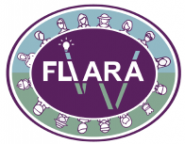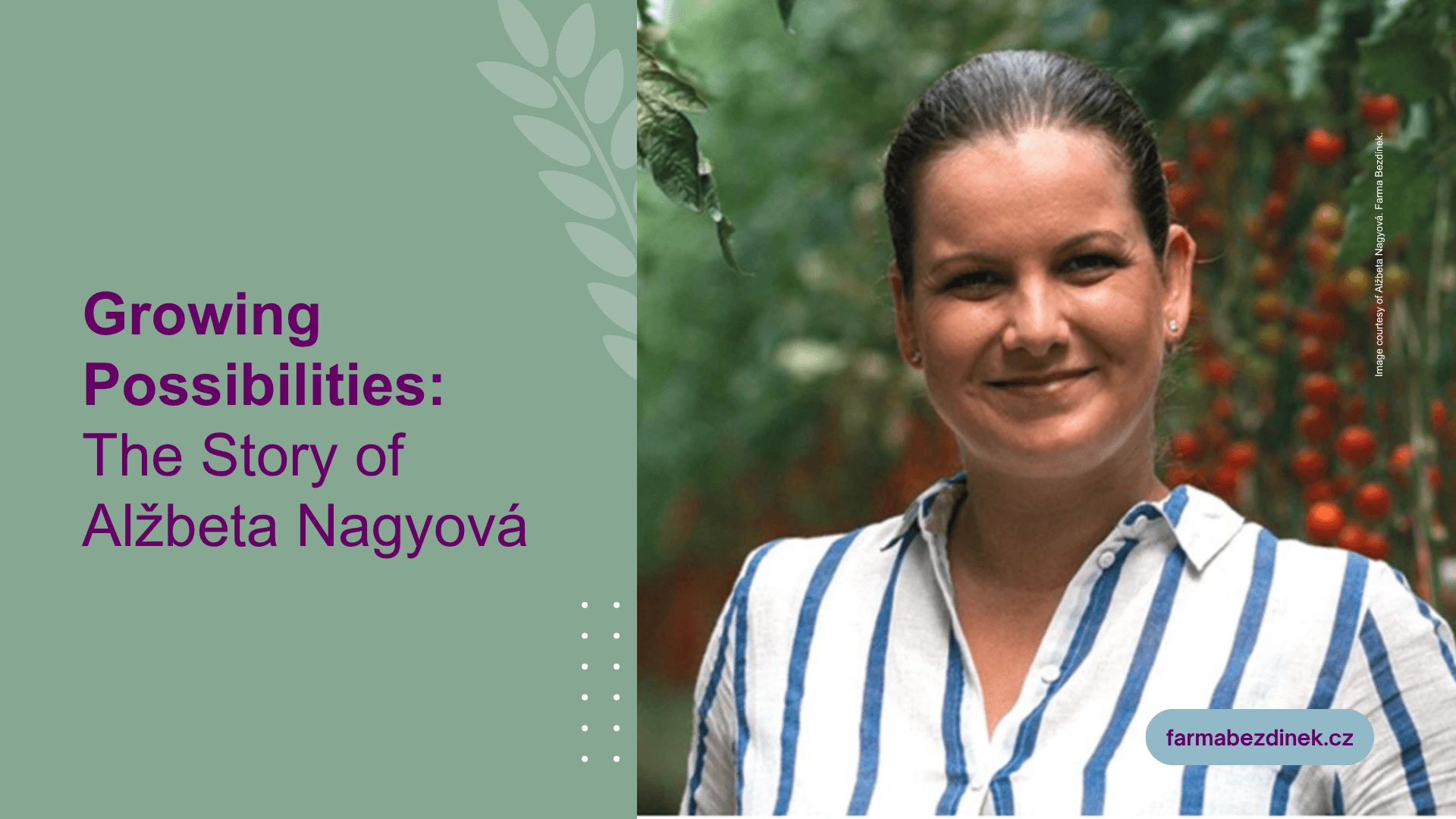In the shadow of the Ostrava-Karviná coal mine basin, where heavy industry once defined the rhythm of life, a different kind of transformation is quietly taking root. On 11 hectares of gleaming high-tech greenhouses in Dolní Lutyně, Bezdínek Ltd. is growing not only tomatoes, cucumbers, and honey but also a new vision for sustainable living in a region marked by economic restructuring. At the heart of this change is Dr. Alžbeta Nagyová, a Slovak scientist whose journey from virology labs to greenhouses has become a story of resilience, innovation, and community impact.
From Viruses to Vegetables
“I never thought my career would lead me here,” Nagyová admits with a smile. A graduate of Comenius University in Bratislava, she earned her Ph.D. in microbiology and virology before beginning her career at the Slovak Academy of Sciences, where she specialised in plant viruses. Yet, when the opportunity arose to bring her scientific expertise into agriculture, she embraced it.
“In science, you learn how to solve problems step by step,” she says. “That mindset has been crucial in setting up our greenhouses.”
When Bezdínek Ltd. began building its state-of-the-art facilities in 2017, Nagyová and her husband—who also works at the farm—were there from day one. Over three years, the project expanded in stages, ultimately becoming one of the most advanced vegetable-growing operations in Czechia.
A Sustainable Revolution
The Bezdínek greenhouses are more than just a farm—they are a living demonstration of what sustainable agriculture can look like. Tomatoes are grown on crushed coconut husks, which are composted after each season. Rainwater irrigates the plants, reducing water use to just 15 litres per kilogram of tomatoes, compared to hundreds in traditional field farming. Even the heating is sustainable, powered by waste heat from a nearby power plant.
“We wanted to prove that large-scale food production can be both environmentally friendly and economically viable,” Nagyová explains.
The farm, which now employs around 200 people (most of them local and many women), also serves as an educational hub. Its demonstration greenhouse welcomes schoolchildren, families, and curious citizens, offering a transparent look at how modern farming works. Soon, an interactive exhibition will further explore the principles of a healthy diet and highlight the carbon and water footprints of food production.
Breaking Ground Without Pesticides
One of the biggest challenges Nagyová faced was implementing zero-pesticide cultivation, a decision that demanded both courage and collaboration.
“It wasn’t because I’m a woman—it was because it was new, and none of us had the experience,” she reflects. “We worked with experts from France and Spain who specialised in biological protection. Every year brought new challenges, from plant health to soaring energy costs, but we kept adapting.”
Her perseverance has paid off. In 2023, Bezdínek received the ZERYA certificate for pesticide-free cultivation and the Global Czech Society for Quality certificate. Earlier, in 2020, their tomatoes were awarded as a regional product of the Moravian-Silesian Region.
Community Roots and a Vision for Women
The farm’s social impact is as significant as its environmental one. In a region grappling with high unemployment, Bezdínek provides stable jobs and skills training, particularly for women.
“I hope we can inspire girls and women not to be afraid of trying new things,” Nagyová says. “To look for possibilities, to stay open-minded, and to never give up.”
Her involvement in the FLIARA project—which highlights female-led innovation in farming and rural areas—has deepened this mission. “FLIARA brings together really innovative and inspiring people. It’s about showing that women can lead change and that their ideas are essential for the future of agriculture.”
Looking Ahead
Sustainability remains the guiding star of Nagyová’s work. Recently, Bezdínek invested in a new energy centre to reduce dependence on fluctuating electricity prices, further securing the farm’s resilience. Looking ahead, she hopes to see more projects like hers replicated across Europe.
“Sometimes the government can help with subsidies, but it starts with being active and curious,” she says. “We want to continue educating the younger generation and showing communities that farming can be both modern and meaningful.”
A Legacy in the Making
As the tour groups pass through the greenhouse, marvelling at vines heavy with vibrant tomatoes, Nagyová’s vision is clear: farming here is no longer just about food. It’s about rebuilding trust in local produce, empowering communities, and setting a model for sustainable rural innovation.
“In the end,” she reflects, “it’s not just about growing vegetables. It’s about growing possibilities.”



